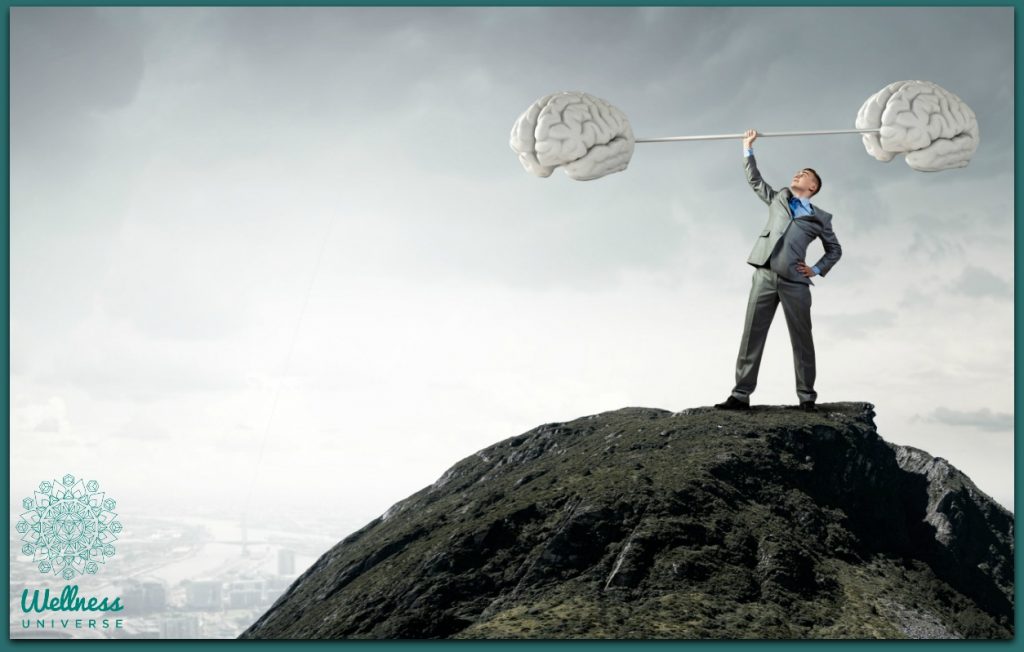
Post written by Corey Poirier.
Learn more about his unique speaking program at www.thespeakingprogram.com

In conducting thousands of interviews with thought leaders, I have discovered many timeless secrets. One of these key secrets is the power of lifelong learning.
Many people give up on learning the minute they finish their formal education, and this is a mistake if you want to become a thought leader who is positively impacting lives.
The late Zig Ziglar had a great (paraphrased) quote that said:
"You can finish your formal schooling, and it may be easy, but you should never finish your education and it will seldom be easy."
Lifelong learners never finish their education.
Perhaps that’s why when I interviewed the now 73 years old Jack Canfield (Chicken Soup, The Success Principles) a couple of years ago, he talked about still going to seminars and taking voracious notes despite already teaching so many others each and every year. Perhaps that’s also why leaders throughout the years, like Henry Ford, Thomas Edison, Ralph Waldo Emerson, all had personal libraries; whether or not they finished high school.
I believe there is a message here: if you want to impact at the highest level, you have to continue to learn at a high level.
The key question at this point is how do we not only continue to self-educate/learn but also, how do we choose the right learning sources so that we don’t get overwhelmed by the mounds of information currently available on any given learning area?
It boils down to choosing the right sources that you can trust and go back to those sources regularly, rather than diving into everything that appears in front of you.
For instance, you could choose to listen to TED talks; which are designed specifically to help you learn, think, consider, reflect and act. You could choose certain thought leaders to follow and grab their books, dive into their social media updates, listen to their podcasts and/or watch their videos.
You could ask the people you admire most what they are reading, watching or listening to and you could jump into those same things. The sources you select is just as important as the learning path you choose. Equally important is that you map out (whether informal or formal) a regular learning plan to make sure you keep feeding your mind, even when the distractions are at an all-time high.
I heard a study some time ago that noted that the top 2% of all North America CEO’s had one thing in common. They all read an average of 3-5 of the right books a month. The same study indicated that the average North American read less than a half a chapter a year.
I’m not sure how accurate this study is but one thing is certain:
Overall, lifelong learners are leaders.
This is perhaps an important note as well: you didn’t have to start learning early in life to reap the benefits.
I didn’t read my first book until I was 27 years of age, and today, I read between 4-6 books, or equivalent, each month. Learning changed my life and even though back then you almost had to be a reader to access that amount of wisdom, today things are different.
Today, even if you’re not a reader, nothing should hold you back from lifelong learning – in fact, I phrased it as learners are leaders rather than readers are leaders because of just this fact.
At present, you can feed your mind through podcasts, TED talks, digital or print magazines, audio books, printed books, apps, conferences, and webinars. The learning options now are seemingly endless.
Learning today also isn’t dictated by a clock or location, as we have also entered the learning on demand era, where in most cases you don’t have to wait for a specific time or location to dive in. Webinars are often available via replay, and TED Talks, YouTube videos, podcasts, audio books, you can listen on your morning walk, your drive to work, at the gym and so on – and they are often also available for learning, listening or watching 24 hours a day, 7 days a week.
The takeaway is this: Lifelong learners are leaders.
You should have a learning plan in place. You should pick your learning sources wisely in a world that is filled with information but often lack in true wisdom. You don’t have to be a reader to be a learner and therefore a leader, and you can choose when and where you want to learn.
The remaining question is: Have you dived in yet?
– Corey